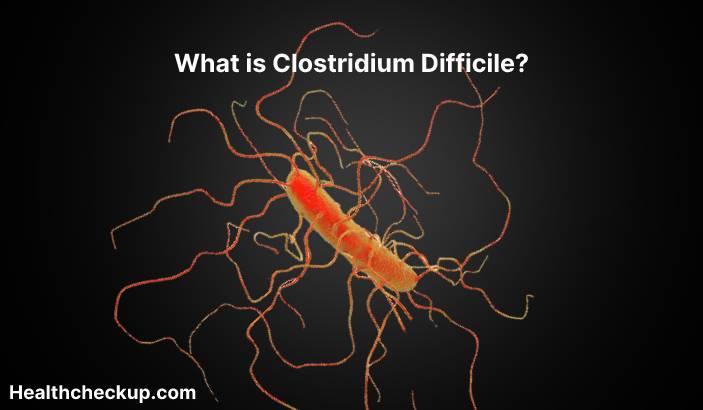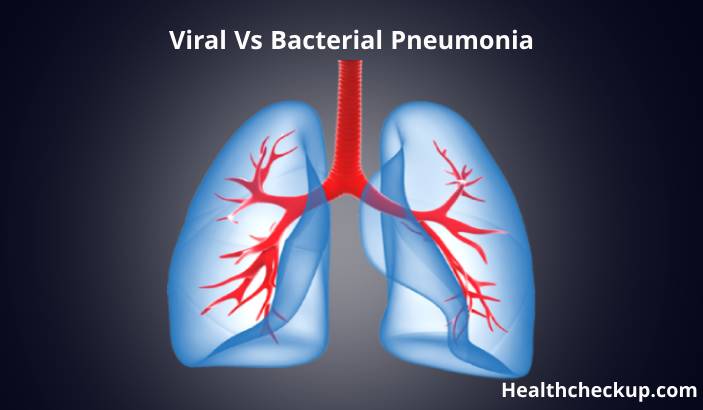Clostridium difficile (C. difficile) is a type of bacteria that can cause an infection in the colon, known as C. difficile infection (CDI). It is most commonly associated with the use of antibiotics, which can alter the balance of bacteria in the gut and allow C. difficile to grow. In this article, we will explore the symptoms, diagnosis, treatment, and prevention of CDI.
Symptoms of CDI
Symptoms of CDI include:
- Diarrhea, which is watery and foul-smelling
- Abdominal pain and cramping
- Fever
- Loss of appetite
- Nausea
- Fatigue
Symptoms can range from mild to severe and occur within a few days to a few weeks after starting antibiotics. In severe cases, CDI can lead to life-threatening complications, such as dehydration, sepsis, and colitis.
Diagnosis of CDI
CDI is typically diagnosed through laboratory testing of a stool sample. A healthcare provider also asks about the person’s symptoms, medical history, and use of antibiotics.
Treatment of CDI
Treatment for CDI typically involves stopping the use of antibiotics and taking medications to kill the C. difficile bacteria. These include:
- Metronidazole
- Vancomycin
- Fidaxomicin
Supportive care, such as intravenous fluids and electrolytes is needed in severe cases.
Prevention of CDI
There are several steps that can help to prevent CDI, including:
- Using antibiotics only when necessary: Antibiotics should only be used when necessary to treat a bacterial infection. Overuse of antibiotics can increase the risk of CDI.
- Washing hands: Washing hands with soap and water can help to reduce the risk of CDI, especially after using the bathroom and before handling food.
- Cleaning surfaces: Cleaning and disinfecting surfaces can help to reduce the spread of C. difficile bacteria.
It is important to seek medical attention if CDI is suspected, as early treatment can help to reduce the risk of complications and long-term health effects.









